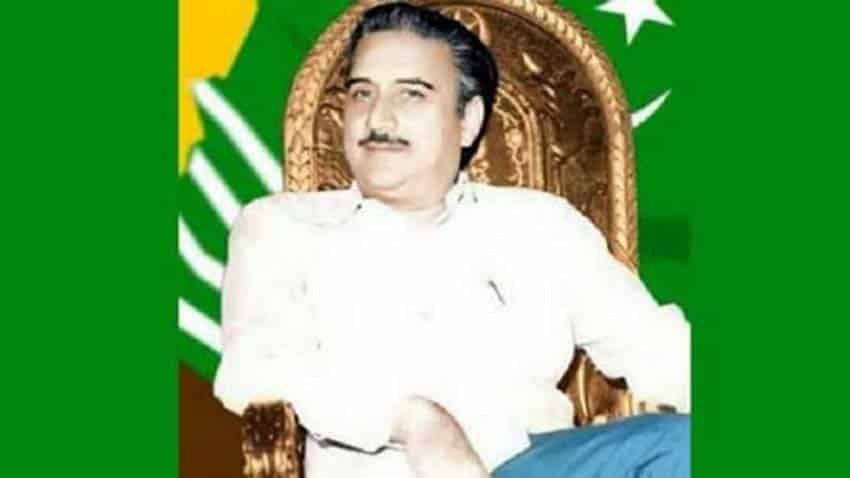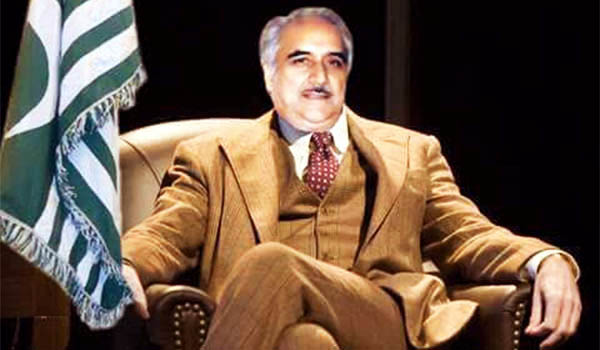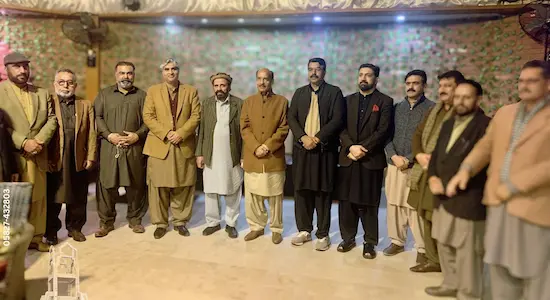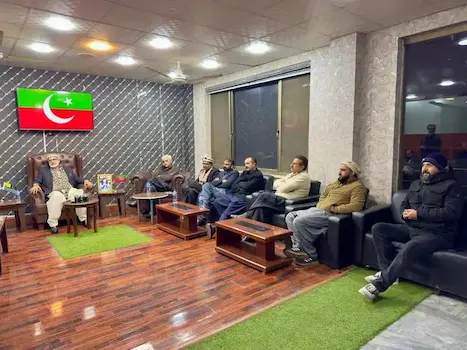When recounting the complex history of Kashmir and its political narrative, one name that stands tall is Khawaja Hasan Khurshid, popularly known as K.H. Khurshid. As a devoted assistant to Muhammad Ali Jinnah and later the President of Azad Jammu and Kashmir, K.H. Khurshid’s life was one of service, vision, and an unwavering commitment to the people of Kashmir. His legacy remains a compelling chapter in the story of the region—one shaped by sacrifice, intellect, and political perseverance.
Early Life and Background
Born in 1924 in Srinagar, K.H. Khurshid hailed from a respected Kashmiri family. From an early age, he exhibited intellectual brilliance and a deep interest in politics. His academic journey eventually took him to Lahore and then to England, where fate placed him in the orbit of Pakistan’s founding father, Muhammad Ali Jinnah.
While in England, Khurshid became Jinnah’s private secretary—a role that not only exposed him to international diplomacy but also solidified his passion for the Kashmir cause. He later returned to the subcontinent with a sharpened vision for the political future of his homeland.
Political Journey and the Kashmir Cause
K.H. Khurshid was not just a bureaucrat or aide—he was a political thinker and a man of deep convictions. In 1959, he was elected as the President of Azad Jammu and Kashmir, becoming one of the youngest leaders to hold the post. His leadership style was marked by discipline, clarity of thought, and a commitment to democratic values—traits that earned him admiration and respect across political lines.
As a Leader of Kashmir, Khurshid sought to give voice to the people of Azad Kashmir, advocating for their rights and pushing for democratic representation. He was known for his principled stance on the Kashmir dispute and believed in resolving it through peaceful means and political dialogue, rather than through force.
His tenure as president was not without obstacles. K.H. Khurshid often found himself at odds with powerful forces—both within Pakistan and outside—who disagreed with his firm stance on autonomy and constitutional governance in Azad Kashmir. Despite the pressures, he remained steadfast in his belief that Kashmiris should be the primary stakeholders in determining their future.
Vision, Struggle, and Legacy
K.H. Khurshid’s life was deeply rooted in his struggle for Kashmiri identity and self-determination. He was one of the few leaders who dared to challenge the status quo and emphasized the need for transparent governance in the region. His advocacy for an empowered, educated, and politically aware Kashmiri society set him apart from many contemporaries.
After his presidency, Khurshid continued to play an active role in political life. He founded the Kashmir Liberation League, aiming to provide an alternative political voice in the region. However, his efforts were often met with resistance, reflecting the complicated geopolitical landscape of Kashmir.
Tragically, his life was cut short in a car accident in 1988. Yet, decades after his death, K.H. Khurshid remains a revered Leader of Kashmir, remembered for his courage, eloquence, and relentless commitment to justice.

A Leader Who Chose Principles Over Power
In the highly polarized politics of the Kashmir conflict, K.H. Khurshid stands out for choosing principle over political expediency. He never sought power for its own sake. Instead, he envisioned a just and inclusive political framework that would allow Kashmiris to express their will freely.
For younger generations and political thinkers, Khurshid’s life serves as a reminder that leadership is not about dominance, but about responsibility and integrity. He proved that a Leader of Kashmir could stand with dignity, even in the face of immense political pressure.
A Statesman Ahead of His Time
K.H. Khurshid’s story is one of courage, intellect, and an unbreakable bond with his homeland. His life remains an example of what it means to lead with conviction in a region often mired in conflict. Though he is no longer with us, his vision for a free, just, and peaceful Kashmir continues to inspire—and reminds us that true leadership is rooted not in authority, but in service.









